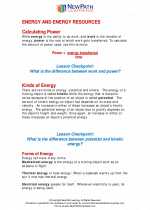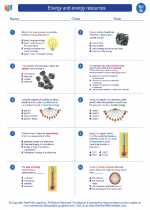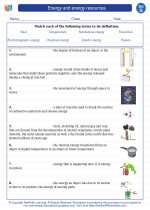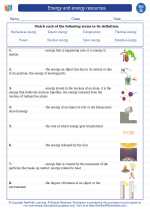Cause in Science
In science, a cause refers to the factor that brings about a change or an effect in a system or process. Understanding the causes of natural phenomena is crucial for scientific inquiry and the development of scientific theories.
Types of Causes
- Proximate Cause: This is the immediate or direct cause that produces a specific effect. For example, the proximate cause of a plant wilting may be lack of water.
- Ultimate Cause: This refers to the underlying or fundamental reason for a particular phenomenon. It delves into the broader context or reason behind the proximate cause. In the case of the wilting plant, the ultimate cause may be a lack of rainfall in the region.
- Contributory Cause: These are additional factors that may contribute to the occurrence of an effect. For instance, while lack of water is the proximate cause of wilting in a plant, poor soil quality or excessive heat could be contributory causes.
Studying Causes in Science
When studying causes in science, it's important to approach the topic systematically. Here are some key steps and considerations:
- Observation: Begin by carefully observing the phenomenon or system under study. Look for patterns, changes, and correlations that may indicate a cause-and-effect relationship.
- Hypothesis Formulation: Based on your observations, formulate a hypothesis about the potential causes of the phenomenon. This hypothesis should be testable and falsifiable.
- Experimentation: Design and conduct experiments to test your hypothesis. Manipulate variables and observe the resulting effects to determine causation.
- Data Analysis: Analyze the data collected from your experiments to assess the strength of the evidence for the proposed causes. Look for correlations, statistical significance, and consistency in your results.
- Inference and Conclusion: Draw inferences from your data and reach a conclusion about the causes of the phenomenon. Be cautious about making causal claims without sufficient evidence.
Study Tips
Here are some tips for studying the concept of cause in science:
- Practice identifying causes and effects in everyday observations and phenomena.
- Use diagrams, flowcharts, and concept maps to visually represent cause-and-effect relationships.
- Discuss and debate potential causes with peers to sharpen your critical thinking skills.
- Seek out real-world examples of causation in scientific literature or news to deepen your understanding.
- Review and apply your knowledge of experimental design and statistical analysis to assess causation in scientific studies.
Understanding the concept of cause is essential for scientific inquiry and critical thinking. By mastering this topic, you'll be better equipped to analyze and explain the natural world around you.
.





